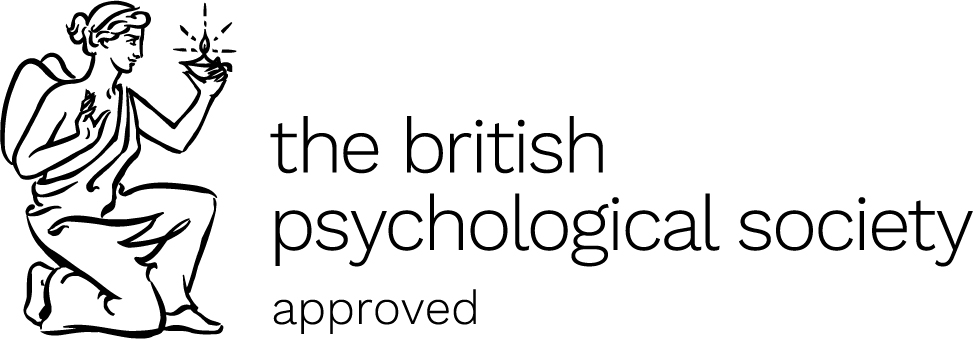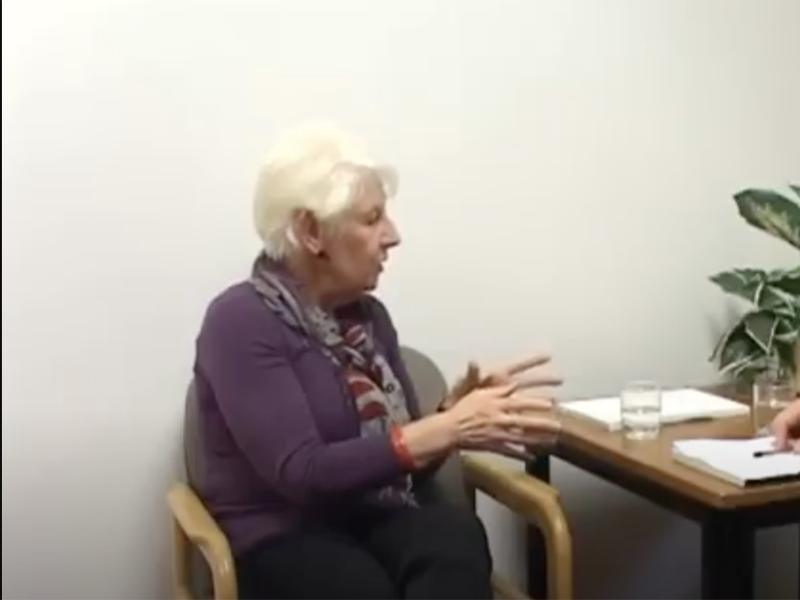
Course Brief
CLICK HERE TO BOOK
The course covers conceptualisations of Substance Misuse from behavioural and cognitive perspectives, with theories of its development, maintenance and an emphasis on practical CBT interventions for helping clients to manage, control and eliminate their substance misuse (SM) more successfully.
This course is part of the training programme that enables you to complete the BPS Approved Diploma in Cognitive Behavioural Therapy. You can build up gradually your CBT training portfolio by attending all the courses within the programme at the pace that suits you. All your training hours will be calculated, recorded in an individual validated log and accumulated towards your full Diploma.
CLICK HERE TO BOOK
Issues covered include:
- Cognitive-Behavioural Models of Substance Misuse: From Beck’s Cognitive Theory through to Drummond’s Cue Exposure Theory
- CBT, Stages Of Change & Motivational Interviewing – How do they fit together?
- Developing a collaborative relationship with SM clients through the use of Socratic Questioning
- Developing Self Monitoring amongst SM clients
- Increasing Self Efficacy and challenging negative Self Schemas
- Activity Scheduling & Behavioural Activation for SM clients
- Problem Solving Skills training
- Cue Exposure Therapy
- Developing a relapse prevention programme for Substance Misuse
Title: Working with Substance Misuse
Modality: CBT
CPD Hours Attached: 14 CPD Hours
Click here for more details and to enrol on the course
Click here for the full SDS Accreditation terms for the BPS Approved Master Practitioner Diploma in CBT: https://skillsdevelopment.co.uk/certificates/cbt_diploma/
Course Tutor
Testimonials
Recommended Materials

Addressing a Client’s Relationship with Drink (Solution Focused Live Case Consultation) 2 CPD Hours
This video series is an attempt to give practitioners a clear explanation of the SFT process and guidance about its use with the variety of clients. You will see unique footage of a live consultation with a client conducted by an experienced SFT practitioner Stephen Conlon. The interview is not rehearsed and the therapist (just like the viewer) doesn’t know what problem the client will want to address during the session. You will watch how the therapist approaches the issue, builds trust, explores the possible solutions with the client – all in front of the viewer's eyes.



